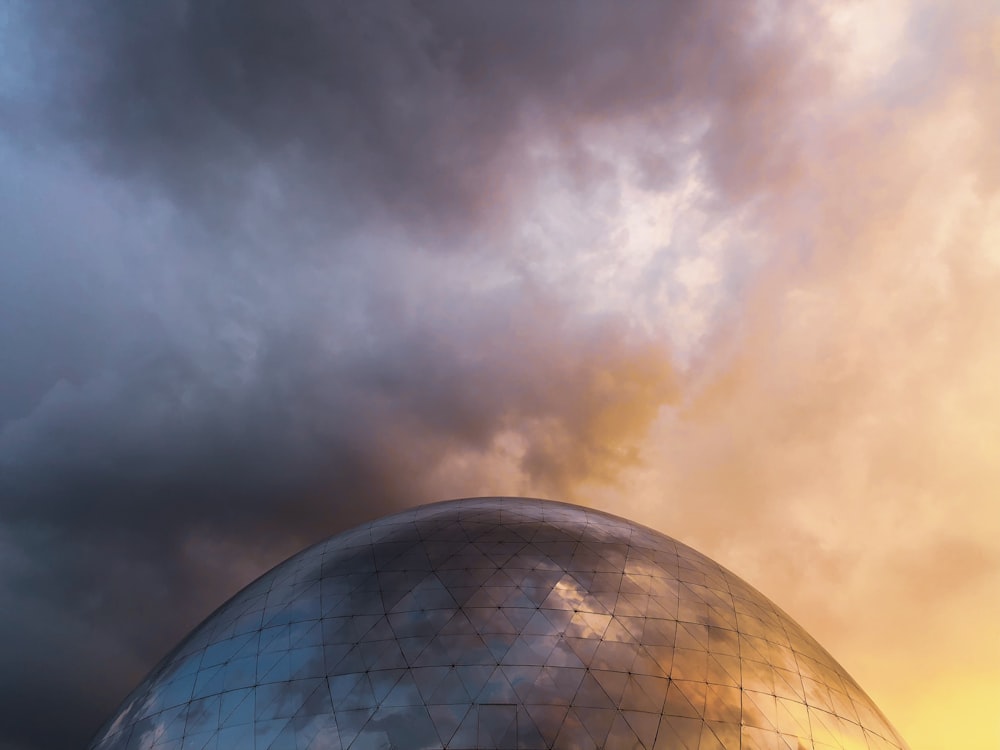Unveiling the Majesty of Baroque Architecture
In the annals of architectural history, the Baroque era stands as a testament to grandeur, opulence, and extravagance. Characterized by ornate embellishments, dramatic forms, and lavish details, Baroque architecture emerged in Europe during the 17th century, leaving an indelible mark on the built landscape.
A Magnificent Era of Artistic Expression
The Baroque period was a time of artistic flourishing, marked by a departure from the restrained classicism of the Renaissance towards a more theatrical and emotional aesthetic. Architects embraced dynamic forms, intricate ornamentation, and elaborate compositions, seeking to evoke awe and wonder in viewers.
Dazzling Palaces and Stately Residences
At the heart of Baroque architecture were grand palaces and stately residences, commissioned by royalty, nobility, and the ecclesiastical elite. These architectural masterpieces served as symbols of wealth, power, and prestige, boasting imposing facades, expansive interiors, and sumptuous furnishings.
Theatricality and Drama in Design
One of the hallmarks of Baroque architecture is its theatricality and drama, evident in the dynamic interplay of light and shadow, sweeping curves, and bold sculptural elements. Buildings were conceived as stage sets, inviting viewers to embark on a visual journey filled with spectacle and sensation.
Exquisite Churches and Magnificent Cathedrals
Baroque architecture also left an indelible mark on religious buildings, with churches and cathedrals serving as canvases for architectural innovation and spiritual expression. Elaborate facades, soaring domes, and ornate interiors created immersive spaces that inspired devotion and reverence.
Masters of Baroque: Celebrating Architectural Genius
The Baroque era produced a cadre of visionary architects whose works continue to inspire admiration and awe. Masters such as Gian Lorenzo Bernini, Francesco Borromini, and Christopher Wren pushed the boundaries of architectural expression, leaving behind a legacy of unparalleled beauty and innovation.
Urban Transformation and City Planning
Baroque architecture also reshaped urban landscapes, with grand boulevards, spacious squares, and monumental fountains transforming cities into showcases of splendor and magnificence. Urban planning became an extension of architectural vision, creating cohesive ensembles that delighted the senses and captured the imagination.
Legacy and Influence Across Continents
While Baroque architecture flourished in Europe, its influence spread far beyond the continent, shaping architectural styles and sensibilities across continents and cultures. From the Americas to Asia, Baroque buildings left an indelible imprint, inspiring generations of architects and designers with their timeless beauty and elegance.
Preservation and Restoration: Safeguarding Architectural Heritage
In the modern era, efforts to preserve and restore Baroque architecture have become paramount, as these architectural treasures face the challenges of time, neglect, and decay. Conservation initiatives aim to safeguard the integrity and authenticity of Baroque buildings, ensuring that their legacy endures for future generations to marvel at and appreciate.
A Timeless Legacy of Beauty and Splendor
In conclusion, the grandeur of Baroque architecture continues to captivate and inspire, reminding us of an era when creativity knew no bounds and architectural expression reached sublime heights. From majestic palaces to celestial cathedrals, Baroque buildings stand as enduring testaments to human ingenuity, creativity, and the pursuit of beauty in all its forms. Read more about baroque architecture


